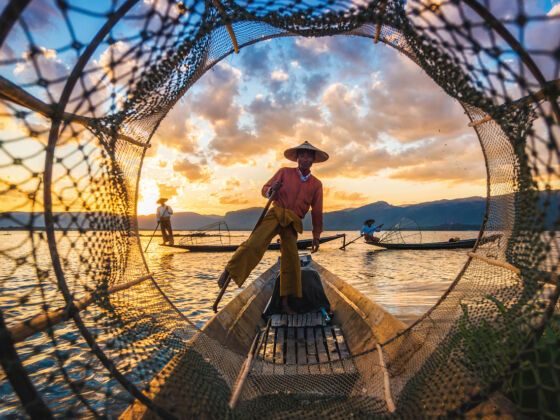Myanmar, formerly Burma, has become a bucket-list destination for travelers visiting Southeast Asia. Pagodas, untouched nature, and welcoming locals lure visitors to the less-traveled ASEAN nation that is home to 135 recognized ethnic tribes — a statistic that excludes the Rohingya.
Demands for a travel boycott of Myanmar have launched in response to international condemnation and media coverage of the Rohingya tragedy. Travelers are pressured to consider whether they’re morally endorsing the Burmese military’s inhumane crimes against the Rohingya by visiting Myanmar. Boycotting may seem like the honorable thing to do, as no one wants to be complacent of human suffering, but the reality is that a sanction against Myanmar isn’t noble and won’t positively impact the humanitarian crisis. Here’s why:
